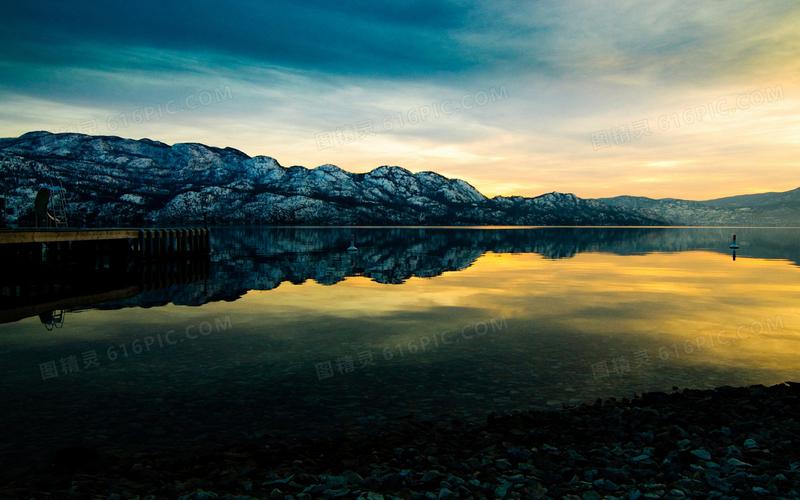The Fascinating Evolution of Cultural Geography Through the Ages
Cultural geography has been an integral part of human history, tracing its roots back to ancient civilizations. Understanding the evolution of cultural geography is essential in comprehending how various cultures originated, changed over time, and interacted with others. Cultural geography has evolved tremendously over the centuries, influenced by the changing social, political, and economic landscapes. In this article, we will explore the fascinating evolution of cultural geography through the ages.
Ancient civilizations
The earliest evidence of cultural geography dates back to ancient civilizations such as the Egyptians, Babylonians, and Greeks. These civilizations relied heavily on geography to survive and thrive. For instance, the Egyptians relied on the annual floods of the Nile River to replenish soil nutrients, and the Greeks developed maritime trade routes to expand their empire.
Medieval era
During the medieval period, cultural geography took a significant turn. This era saw the emergence of cities, the development of trade routes, and the expansion of empires. The Islamic golden age played a vital role in the advancement of cultural geography. Muslim geographers like Al-Idrisi mapped the world, and Ibn Battuta traveled to over 40 countries and left extensive records of his journeys. Furthermore, during this period, European explorers like Marco Polo documented their travels to the Far East, which greatly impacted the cultural geography of Europe.
Modern era
The modern era saw significant advancements in cultural geography. The Industrial Revolution transformed the production of goods and led to urbanization, which created new cultural landscapes. Colonization saw the spread of European cultures into the Americas, Africa, and Asia, leading to the formation of hybrid cultures. Post-colonialism saw the emergence of new cultural geographies as former colonies gained independence.
Contemporary era
In the contemporary era, cultural geography has become more dynamic. Globalization has consolidated various cultures, leading to the emergence of new cultural landscapes. Technological advancements have facilitated communication and information sharing, leading to the creation of virtual cultural spaces. Moreover, issues like climate change, geopolitics, and migration have profoundly affected cultural geography.
Conclusion
In conclusion, cultural geography has evolved significantly over the ages. From the ancient Egyptians to contemporary society, geography has shaped culture and vice versa. Understanding cultural geography is essential in comprehending the dynamics of human societies and their interactions with the environment. The evolution of cultural geography depicts how cultures change over time and how they are influenced by various factors. Cultural geography is, therefore, an essential discipline in modern-day society, and its evolution continues to shape the world we live in today.
(Note: Do you have knowledge or insights to share? Unlock new opportunities and expand your reach by joining our authors team. Click Registration to join us and share your expertise with our readers.)
Speech tips:
Please note that any statements involving politics will not be approved.
